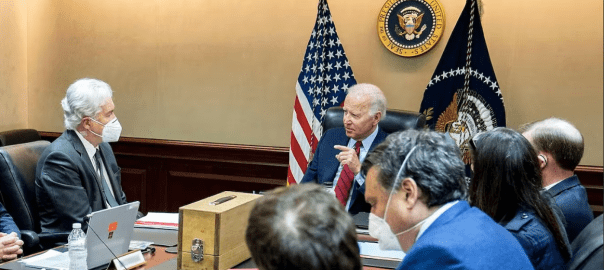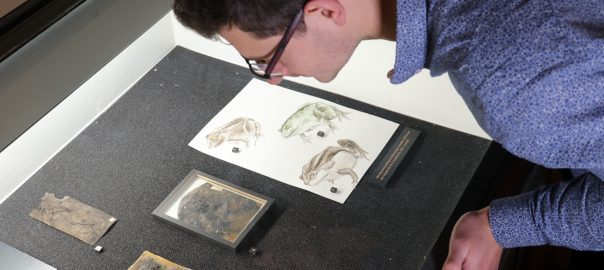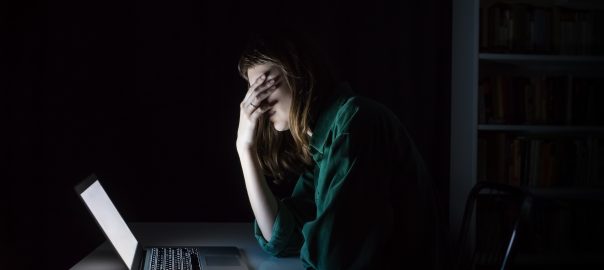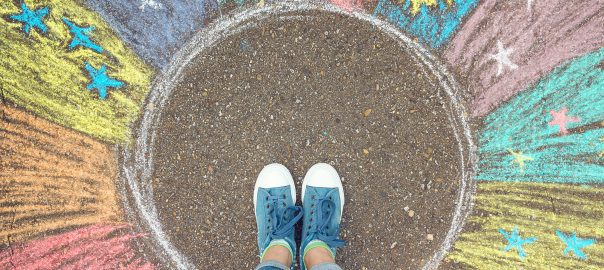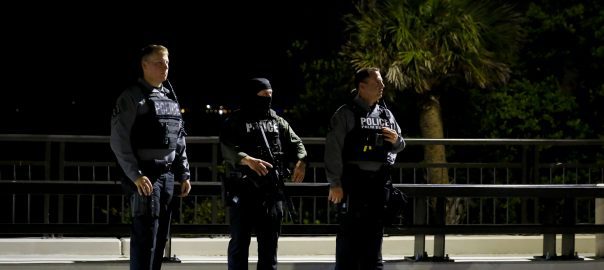Vasilis Katos, Bournemouth University
It’s a crime story fit for the digital era. It was recently reported that a number of restaurants in New York had been targeted by internet scammers threatening to leave unfavourable “one-star” reviews unless they received gift certificates. The same threats were made to eateries in Chicago and San Francisco and it appears that a vegan restaurant received as many as eight one-star reviews in the space of a week before being approached for money.




